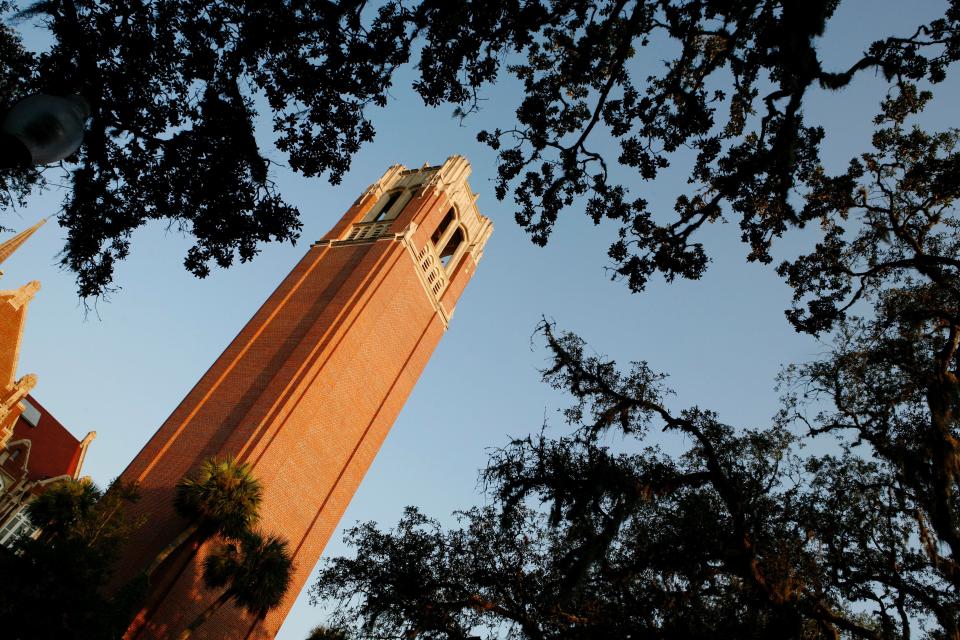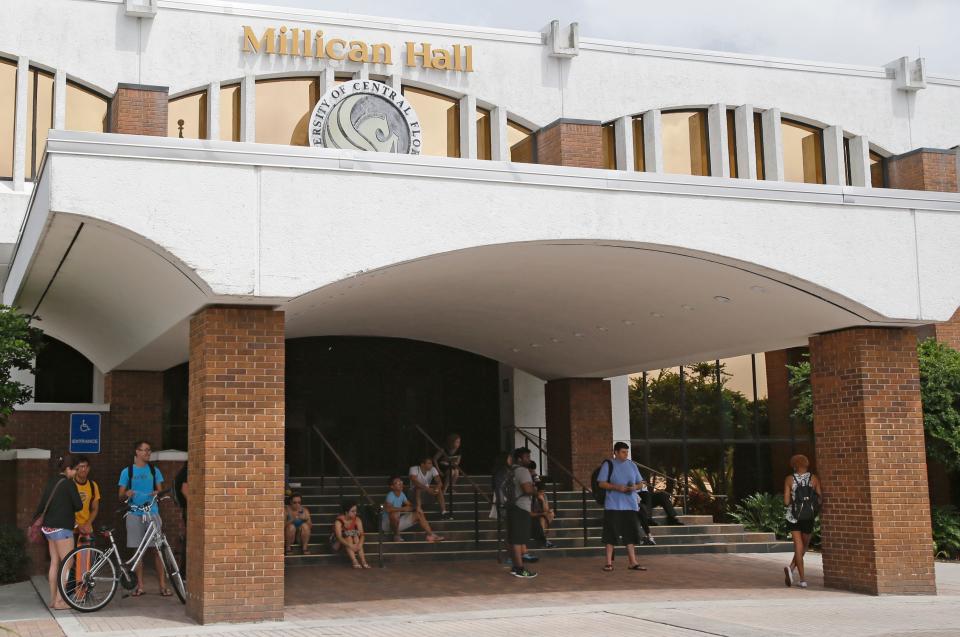Washington Monthly college rankings: Florida has 6 of top 10 Southeast 'Bang for the Buck' schools
The new rankings for colleges and universities are out and two Florida institutions made the top 20 list of National Colleges, although probably not on the ranking list you're thinking of.
The U.S. News & World Report's annual college and university rankings, an annual listing since 1983, has been taking some hits lately. Multiple medical schools and over 40 law schools have announced they were no longer providing information for the report because of perceived bias against less-prestigious schools and an emphasis on graduates heading into high-paying careers over public service.
This is the latest in an ongoing question of just what college and university rankings mean, what data they use, how trustworthy that data is, and what the organization doing the ranking believes the goals of higher education should be. Students, guidance counselors, parents and guardians are looking around for more ways to decide if a particular school is a good fit.
Since 2005, the Washington Monthly, an independent political news source, has put out its own self-proclaimed alternative, "socially conscious" ranking to U.S. colleges and universities based less on measurements of wealth and status and more on how they improve the country.
"It’s our answer to U.S News & World Report," the site says, "which relies on crude and easily manipulated measures of wealth, exclusivity, and prestige."
America's 'best' colleges: Is there really a way to know if US News & World Report is right?
How does Washington Monthly rate colleges and universities?
Washington Monthly's 2023 College Guide and Rankings for 2023, released last week, looks at four-year schools based on their contributions in three categories: social mobility, research, and community and national service.
The rankings look at the following criteria: graduation rates, the number of Pell graduates and their performance, the actual vs. predicted earnings of students 10 years after college entry (both graduates and dropouts), how much attendance costs for families making $75,000 and under, social mobility (includes previous data plus number of students receiving student loans, the admit rate, racial/ethnic/gender makeup of student body, etc.), research (based on number of PhDs awarded by the university or received afterward, number of prestigious awards, membership in the National Academies) and supporting programs for community and military service.
They also rate liberal arts colleges and provide a list of "Best Bang for the Buck" colleges.
Here's how Florida colleges and universities performed out of 442 institutions ranked.
Six Florida schools in Top 10 Best Bang for the Buck Rankings (Southeast)
Hobe Sound Bible College in Hobe Sound, Florida, was No. 1 in the Southeast rankings for Best Bang for the Buck, the list of schools that did the most to help non-wealthy students get marketable degrees at affordable prices. In fact, most of the top cost-effective schools were in the Sunshine State.
Hobe Sound was No. 1, Florida International University in Miami-Dade County ranked 2nd, Bethune-Cookman University in Daytona Beach was No. 6, Albuizu University-Miami was No. 7, the University of Florida in Gainesville was eighth, and 9th was the University of Central Florida in Orlando.
Rounding out the top 20 were Florida Atlantic University (No. 13) and Embry-Riddle Aeronautical University (No. 15).
Florida International University ranked 19th in National University rankings

Florida International University (FIU), a public university in Miami founded in 1972, scored considerably higher in the Washington Monthly ranking than it did in the U.S. News & World Report list this year.
The highest-ranked Florida campus on the list, FIU was No. 19 largely due to low attendance costs ($4,931) for families with incomes of $75,000 or less, which also placed it second in the Best Bang for the Buck list. FIU's social mobility scored in the top 5, with a rank of 4 out of 442.
University of Florida scored 22nd in National University rankings

The University of Florida (UF), located in Gainesville, scored higher (22) in the Washington Monthly rankings than in U.S. News & World Report, where it placed 29th in National Universities (but first in Florida and tied for fifth in the Top Public Schools rankings).
Washington Monthly looked at the school's 8-year graduation rate (88%) and number of Pell graduates (2,740). The earnings performance wasn't the strongest (312th) but the social mobility rank was an impressive 19 and the research rank was 31. The service rank was in the middle of the pack, at 216. Best Bang for the Buck ranking? #8.
University of Central Florida ranked 36th in National Universities

The University of Central Florida (UCF), founded in Orlando in 1963, boasts of having the largest enrollment class in the state and seventh-largest in the nation among universities and colleges, with more than 68,000 students studying at the institution.
Washington Monthly ranked them No. 36, much higher than the U.S. News & World Report's ranking of 137th.
Other Florida colleges and universities
Other Florida homes of higher education appeared farther down on the list, even some that ranked very highly on the U.S. News & World Report rankings. Here are the rest.
Florida Atlantic University: 46th
University of South Florida: 53rd
Florida State University: 54th
University of North Florida: 108th
Albizu University - Miami: 113th
Florida Gulf Coast University: 121st
Florida A&M University: 143rd
Barry University: 256th
University of Miami: 323rd
Keiser University: 344th
Nova Southeastern University: 373rd
Saint Leo University: 374th
Florida Institute of Technology: 399th
Palm Beach Atlantic University: 404th
Southeastern University: 438th
St. Thomas University: 439th
New College of Florida saw dramatic jump from 2022
New College of Florida in Sarasota has been hovering in the 40s and 50s of Washington Monthly's liberal arts college rankings the last few years — No. 54 in 2021, No. 41 in 2022 — but jumped up to 18th with a lower attendance rate for families making under $75,000 ($6,993) and a higher social mobility rank (37, as opposed to 74 in 2022).
New College is currently experiencing an overhaul by chosen representatives of Gov. Ron DeSantis seeking to convert the nationally recognized liberal arts college into a more conservative, classical institution in the mold of the Christian Hillsdale College in Michigan, despite protests by faculty, students, alumni and the community. So far the makeover has brought in a record number of incoming students for the 2023-2024 year, largely through student-athlete recruitment, but the average ACT and SAT scores and overall GPA for the incoming class are lower than last year.
This article originally appeared on The Daytona Beach News-Journal: College rankings list puts 2 Florida universities in top 20

